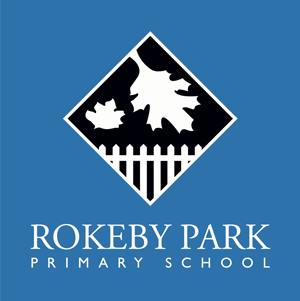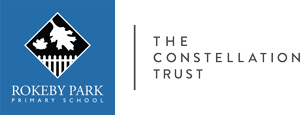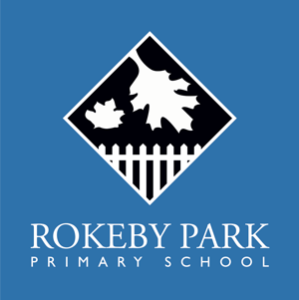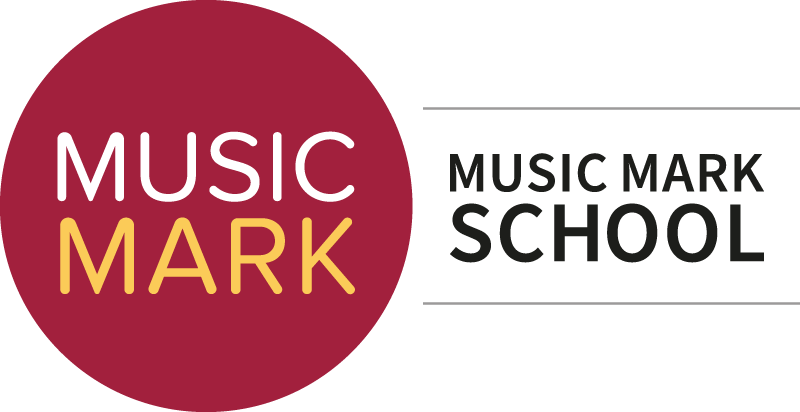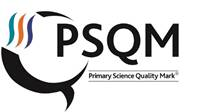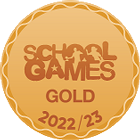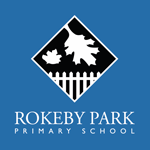
History – curriculum information
Intent
At Rokeby Park Primary School, we have developed a high quality and ambitious history curriculum. The history curriculum is taught around a set of key concepts and second order concepts. A range of key concepts are explored through each historical unit and provide lenses through which to consider different aspects of history.
These key concepts include
- Community and culture (architecture, art, civilisation, communication, economy, inspiration, myth, nation, religion, settlement, story, trade)
- Conflict and disaster (conquest, liberation, occupation, military, peace, plague, surrender, treaty, war)
- Exploration and invention (discovery, migration, navigation, progress, tools)
- Hierarchy and power (country, democracy, empire, equality, government, law, monarchy, oppression, parliament, politics, poverty, slavery)
As children move through the school, key concepts are revisited through different historical periods to deepen their understanding. Units are planned chronologically across the school, and include strong, rich historical links to our local area. Second order concepts are taught and applied through each unit of history and build progressively across year groups. Pupils will also explore some of these second order concepts through other curriculum subjects. These second order concepts include
- Chronology
- Similarity and difference
- Cause and consequence
- Continuity and change
- Significance
- Historical enquiry
- Written and oral expression
Children will learn about significant people and events and the impact they had on that period of history. Children evaluate what they have learned, identify key knowledge and compare with other historical periods and their own experiences as the near the end of a teaching sequence.
By the end of EYFS, children will:
Know the meaning of new and old. They will begin to compare past and present events in their own lives, those of their families and other people they know. They will also be able to sequence events using language relating to time.
By the end of KS1, children will:
Previous learning will be built upon further as children develop an awareness of the past and know where the people and events they study fit within a chronological framework. They will be able to make comparisons by identifying similarities and differences between life in different historical periods and recall some significant people from events beyond living memory.
By the end of KS2, children will:
Have developed a chronologically secure knowledge and understanding of British, local and world history, noting connections, contrasts and trends over time. They will be able to use the appropriate historical vocabulary to describe change, cause, similarity and difference when
discussing significant historical periods, events or people and construct informed responses that involve thoughtful selection and organisation of historical information.
Implementation
The history curriculum makes full use of resources within the immediate and wider local area enabling children to develop a deep understanding of the rich history of their locality through a progressive Hull curriculum. Extensive opportunities for learning outside the classroom are also embedded in practice as the subject lead plans units of work in relation to an overarching theme for each term. Consideration is given to how greater depth will be taught, learnt and demonstrated within each lesson, as well as how learners will be supported in line with the school’s commitment to inclusion.
A history progression document identifies the key knowledge and vocabulary acquired within each unit of work. Vocabulary is presented interactively in classrooms allowing frequent repetition and practice throughout the year giving ample opportunity for pupils to further develop language, vocabulary and speech and language skills. Reading is at the core of the curriculum at Rokeby Park and enhances history further through high quality texts. Cross curricular outcomes in history are specifically planned for, with strong links through a themed approach to enable further contextual learning. Assessment opportunities identify children’s understanding and interpretation of their learning within each history unit of work. Emphasis is placed on analytical thinking and questioning which helps pupils gain a coherent knowledge and understanding of Britain’s past and that of the wider world. Regular heritage projects provide further relevant and contextual learning, engaging members of the community in children’s learning and providing positive role models from the community for children to learn from. Outcomes of work are regularly monitored to ensure that they reflect a sound understanding of the key identified knowledge through 3 key questions.
A typical teaching sequence in history begins with an historical period being covered in the chronological context of previous learning, using a timeline. From there, previous key knowledge is recapped against the key concepts, and new vocabulary related to historical enquiry and the period being studied is taught. Historical enquiry using research, a range of sources and artefacts are used to enrich new learning. Children interpret their findings, make comparisons and draw conclusions using elements of the key and second order concepts.
The History curriculum is ambitious for all children especially disadvantaged children and children with SEND. Children will learn through similar activities with work being tailored appropriately for children with SEND and final outcomes modified to suit all needs.
Impact
Outcomes in books, evidence an ambitious broad and balanced history curriculum and demonstrate the children’s acquisition of identified key knowledge and vocabulary, which in turn reduces the word gap in disadvantaged children.
Key concepts and second order concepts that are embedded in the history curriculum are in line with Rokeby Park’s main curriculum drivers.
This ensures our children know more and remember more as they progress through the school. As a result, children leave primary school with the ability to ask perceptive questions, think critically, weigh evidence, sift arguments, and develop a perspective and judgement creating capable lifelong learners.
Further information
‘started here in Year 5 and I’ve enjoyed everything at Rokeby Park Primary – it’s the best.’
‘All school trips are amazing, especially Robinwood.’
‘I’ve really enjoyed the hard work we have been given in maths.’
‘Maths is my favourite subject because I enjoy the challenges we are set.’
‘Being here for 5 years (almost my whole life) makes me feel special its almost like home’
‘I’ve enjoyed all the learning I’ve done in school and I’ve made lots of brilliant friends.’
‘My best memory was when it was Rokeby’s got talent and at the end the teachers all got up and danced’
‘I love English because it brings my imagination to life’
